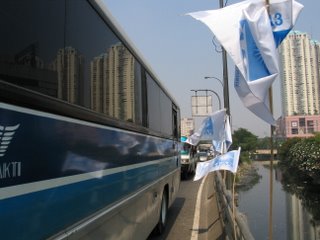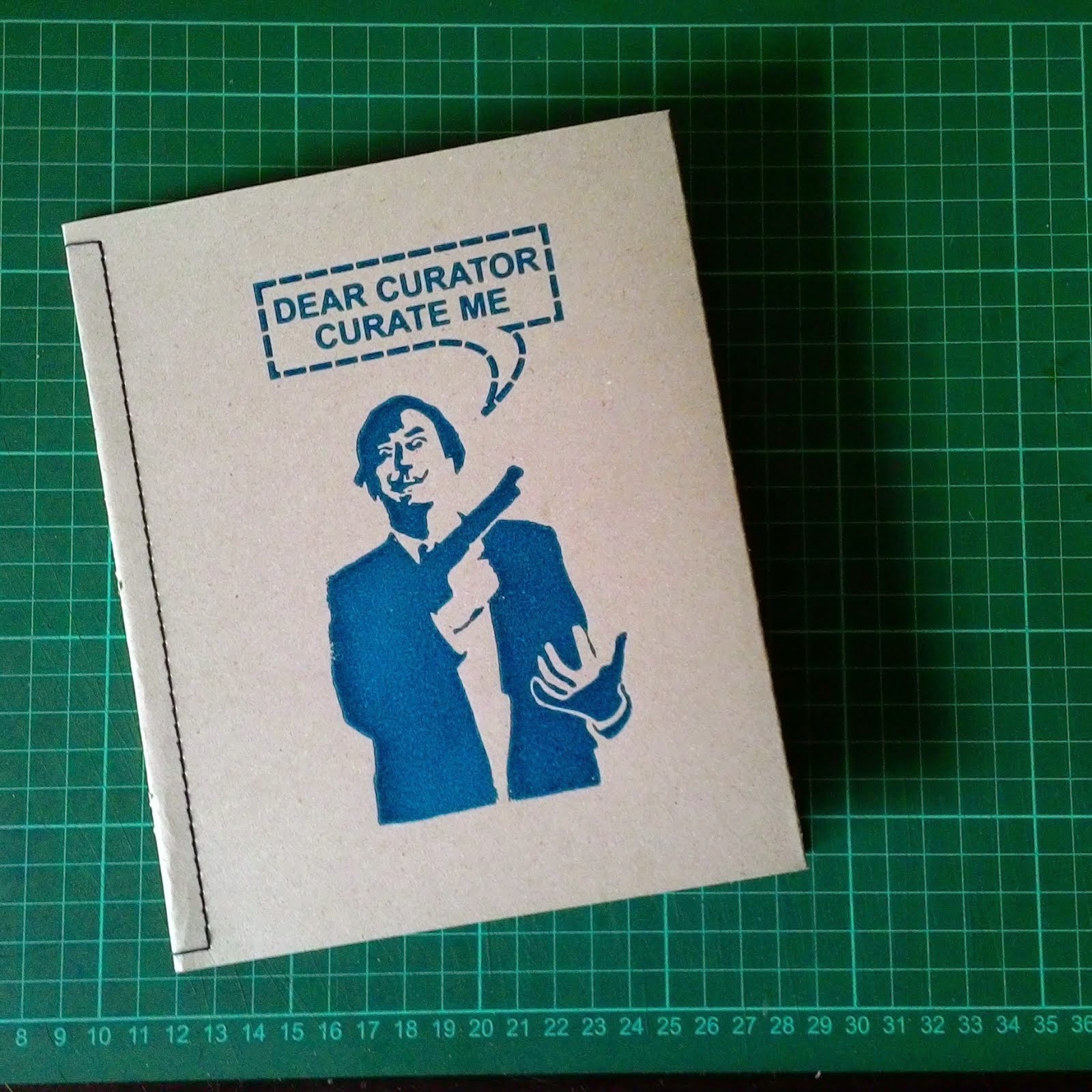
Every time I see this wall at Jalan Taman Sari in Bandung I stand in awe. I try to understand it. But I don’t. Graffiti is a different language. Graffiti is a different life form.
Is this why I have difficulties learning a new language? Because it entails getting familiar with a new form of life? I have difficulties bringing life in the language I am learning: Indonesian.
Indonesians claim that their national vernacular is easy to learn. Because, as they claim, it has no rules. That’s rubbish. Of course Indonesian has rules. And the discrepancy between the formal form and the spoken forms is not due to a lack of rules. Indonesian is a chameleon, its use changes per context. Learning a new language requires then sensitivity for the multitude of contexts. It also requires sensitivity to the nonverbal part of language: the gestures and facial expressions, and the ‘meaningless’ words and sounds.
Learning a new language is to learn a new life form. Even English, which I started to learn at the age of twelve, still feels like a borrowed tongue (one day, I imagine, I will have to pay all those fines for the mumbling, for the tumbling; but in pounds or in dollars?). If language is a land then I feel homesick to my native tongue – when I babble in my dreams it is still in Dutch.





















